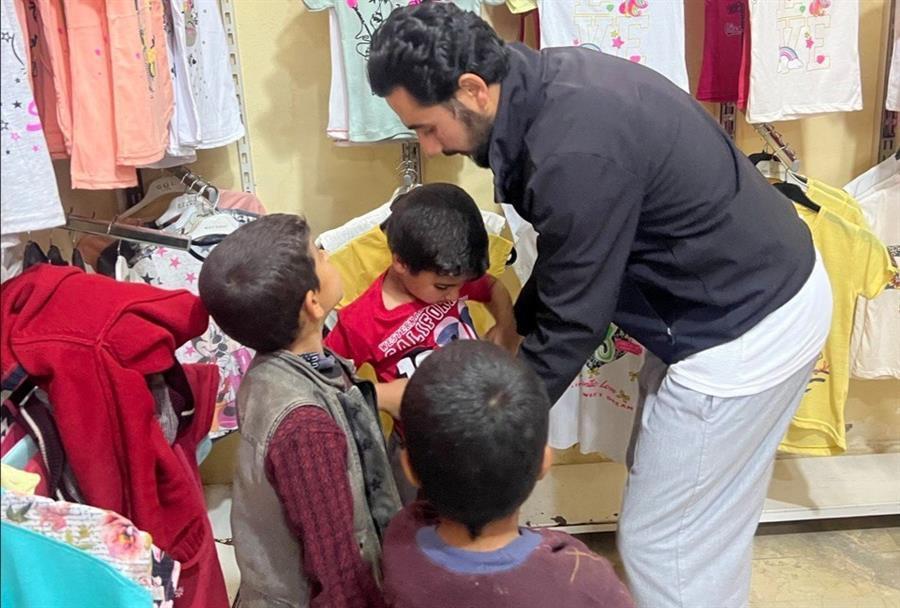
In order to prevent the chaos in the aid to quake zone, which has come to mind with the sights of clothes thrown on the streets, the parliamentary earthquake commission has suggested switching to the barcode system, which enables the classification and tracking of aid.
In the report prepared by the commission, it was stated that the logistics and aid warehouses used in disaster management were insufficient in major disasters, and there were problems in the distribution of materials.
The report also stated that a new system should be established in order to increase the number of warehouses and to make the distribution efficiently.
“The appropriate kind and the right amount of aid materials should be sent to the points of need. In order to manage this, the disaster coordination center needs to develop a barcode system,” the report said.
This system should monitor the type and amount of aid collected, stored or shipped and distributed in real time.
The in-kind donations delivered to earthquake survivors should be stored and distributed with barcodes while being sorted in the “In-Kind Donation Warehouses,” the commission advised.
The report also emphasized that the psycho-social conditions of the earthquake victims should also be taken into account.
“To manage the disaster with its all dimensions, apart from technical, economical and housing issues, some points such as social and cultural relations and psychological needs should be included in the post-disaster process.”
“Apart from emergency assistance, permanent economic programs should be established to ensure the economic well-being of disaster victims. The houses to be built after the earthquake should be built taking into account the psycho-social needs and physical needs of the survivors,” the report said.
Underlining that the awareness regarding the earthquakes and other disasters in society is not sufficient, the report said that public service announcements and other informative activities about the disasters should be increased.
CEB to provide 250 mln euros of loan to Türkiye
In the meantime, the Council of Europe Development Bank (CEB) held an extraordinary Administrative Council meeting on April 24 to approve a new loan to assist Türkiye’s health sector in recovering from the recent earthquakes.
The council also approved the establishment of a new Disaster Prevention and Recovery Fund.
The CEB’s newly approved 250 million euros ($275 million) loan to Türkiye will support the quake-hit cities in its efforts to recover critical health services in the short term, as well as rebuild resilient health infrastructure over the medium term.
The CEB’s loan is part of a 500 million euros ($552 million) pledge that Governor Carlo Monticelli unveiled at the International Donors’ Conference “Together for the people in Türkiye and Syria” on March 20.